- AdventHealth

AdventHealth Ocala Doctor Donates Own Bone Marrow to Save a Child's Life
A Tampa Bay area doctor celebrated National Donate Life Month in April with the gift of his own bone marrow to help a child in need.
Ali Alsamarah, MD, an interventional cardiology specialist with AdventHealth Ocala, recently received a call that he was a potential match for a child who desperately needed bone marrow. Dr. Alsamarah quickly responded to the request, first undergoing a physical exam and lab work. Doctors recently performed the retrieval procedure at the bone marrow transplant unit of the Moffitt Cancer Center.
Dr. Alsamarah decided to become a bone marrow donor three years ago after he saw a friend survive acute myeloid leukemia following a bone marrow transplant. He hopes that sharing his story will encourage others to sign up for the donor registry and consider donating bone marrow.
“I hope this message reaches people to be aware of the bone marrow donation program, as it will enrich the pool with more donors, and therefore more potential matches for those in need," he said. “The procedure is crucial to spread awareness and educate people about the potential lifesaving therapy.”
Becoming a Bone Marrow Donor
The first step in becoming a bone marrow or blood stem cell donor is to join the Be The Match Registry. Doctors around the world search the registry to find matches for their patients. If a doctor selects you as a match for a patient in need, you may be called to donate.
Around 90 percent of the time a patient’s doctor requests a peripheral blood stem cell (PBSC) donation, which is a non-surgical, outpatient procedure similar to donating platelets or plasma. The other 10 percent of the time, the doctor will request a marrow donation.
When you join the registry, you will use the registration kit to swab your cheek and send it back to Be The Match. The organization will then tissue type the sample you provide and use the results to match you to patients. Once you join online, you will receive your kit in the mail. Instructions are included in your kit.
For more information on how to sign up to become a bone marrow donor, please visit AdventHealth's registration link on the Be The Match website.
The Urgent Need for Organ Donations
The AdventHealth Cancer Institute, home of the Blood and Marrow Transplant Program, performs more than 140 transplants annually.
Additionally, there are around 100,000 people who are patiently awaiting an organ donation in the United States alone, and the list is growing. Another person is added to the list every ten minutes. Their need is urgent — and time, availability of organs, and accurate matches are essential.
Click here to read more on organ donation and transplantation.
Recent News
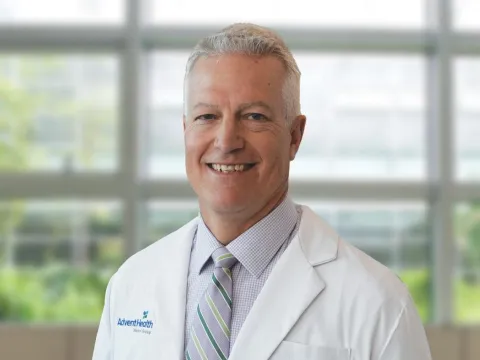
Orthopedic surgeon returns to AdventHealth
Dr. Jeffrey Keen, a board-certified orthopedic surgeon specializing in adult reconstruction, orthopedic surgery, robotic-assisted surgery, and sports medicine, has returned to AdventHealth Medical...
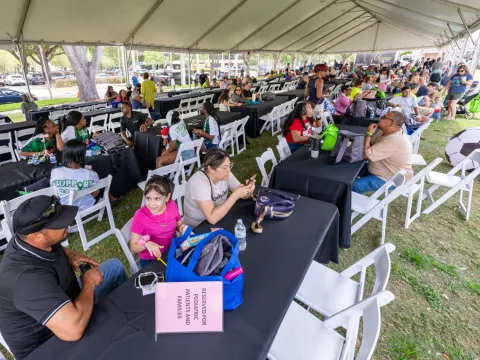
Hundreds of transplant patients and their families reunite with AdventHealth Transplant Institute caregivers
In recognition of National Donate Life Month, nearly 300 transplant patients and their families enjoyed AdventHealth’s 2025 transplant reunion.
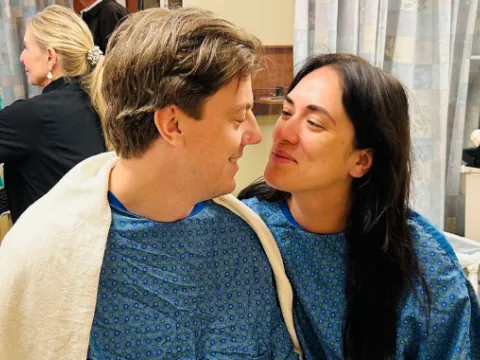
Ashley and Jimmy celebrate life together after kidney donation
According to the National Kidney Foundation, more than 101,000 people are currently on the organ transplant list in need of a new kidney. However, only about 17,000 transplants happen each year —...
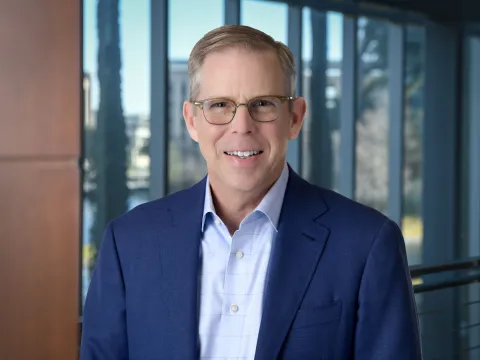
David Banks named president/CEO for AdventHealth
The AdventHealth Board of Directors has appointed David Banks as the organization’s new president/CEO, effective immediately.
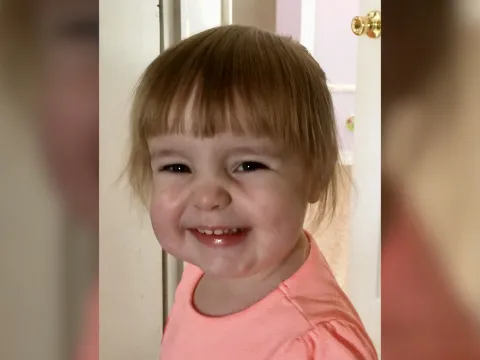
Little girl’s organ donation could potentially save thousands, inspire even more
In life, Sophie Davis touched dozens of hearts. In passing, one of her organs could possibly save thousands of lives.
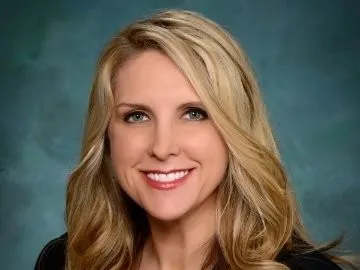
Kristi Baker named senior executive officer of AdventHealth for Children
AdventHealth for Children is a nationally recognized children’s hospital and comprehensive care network caring for nearly 200,000 children annually.
